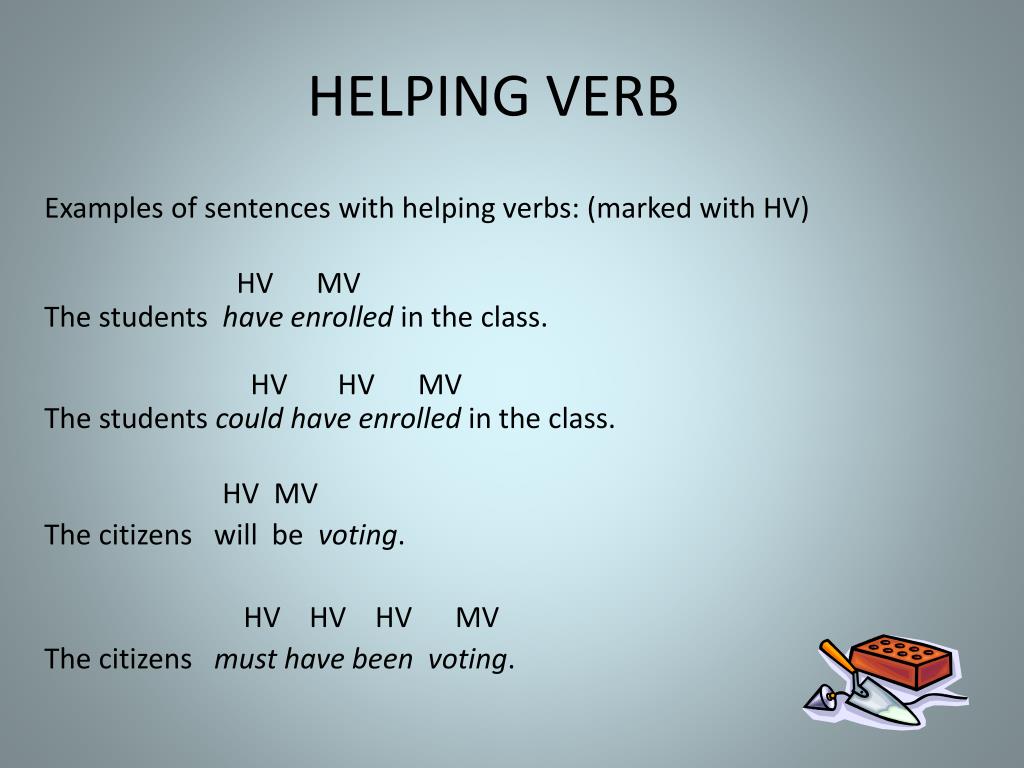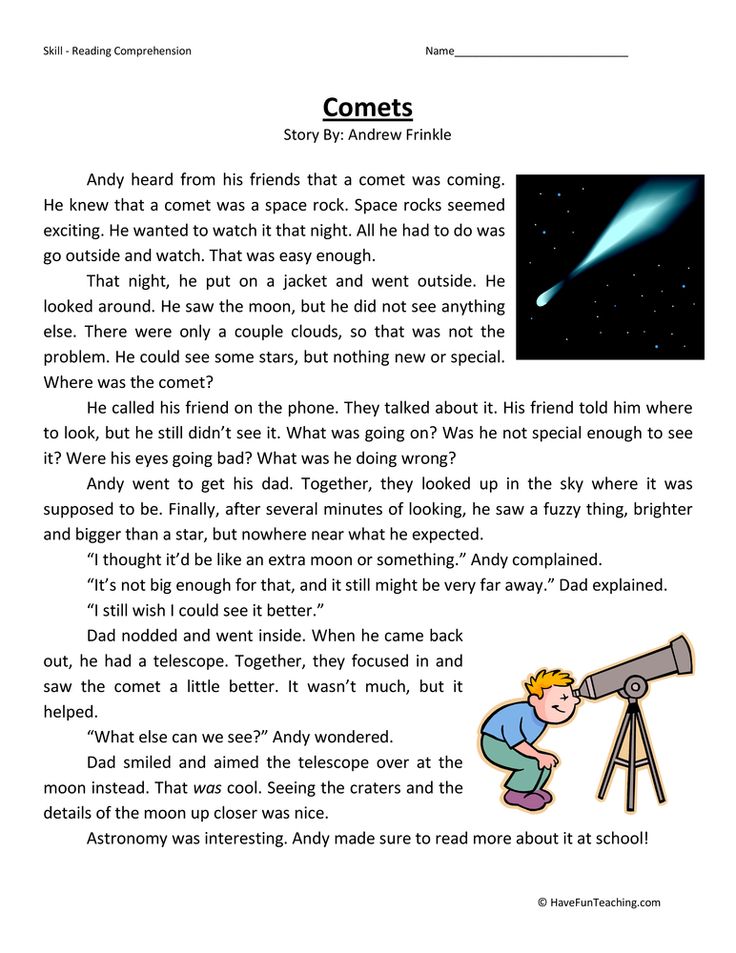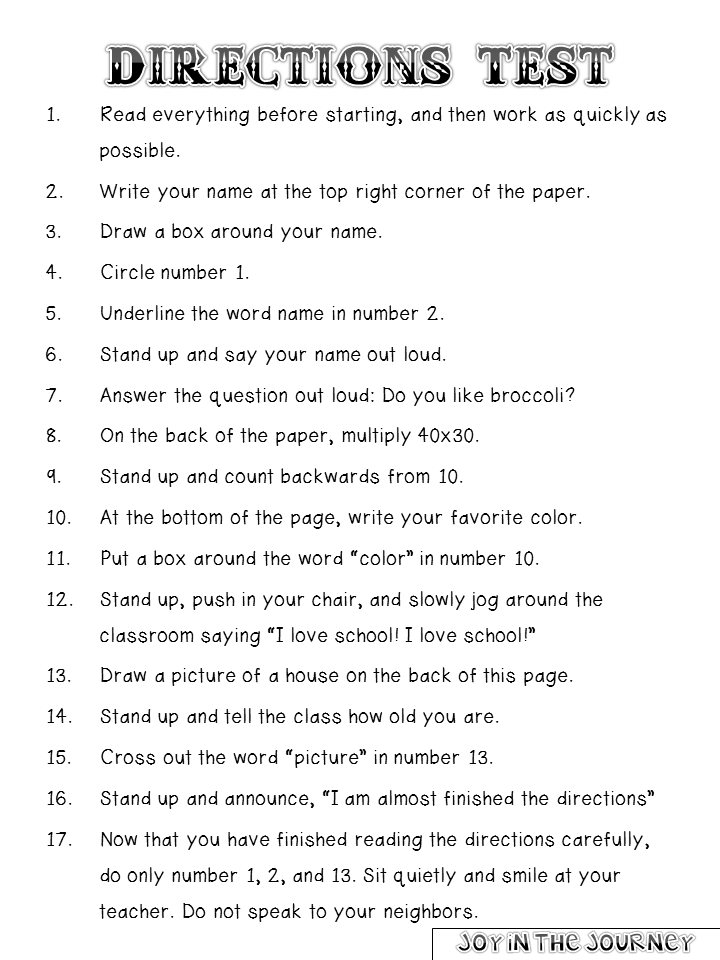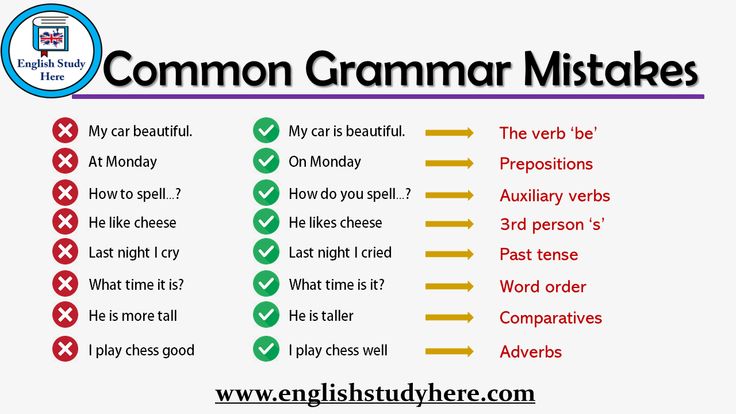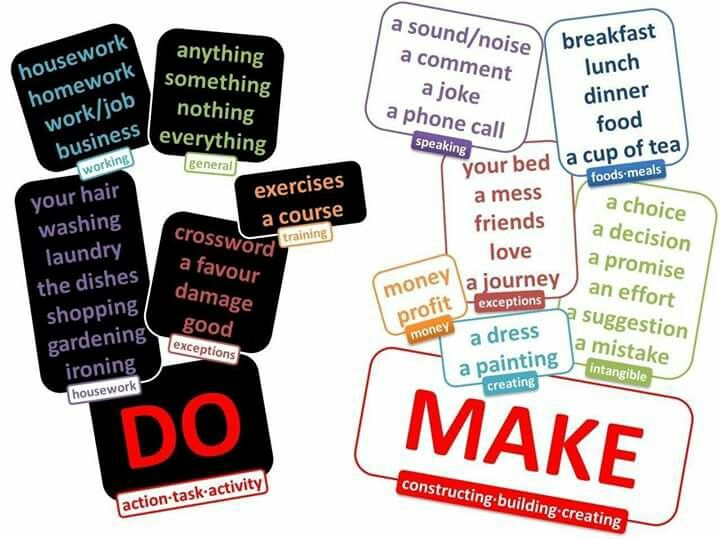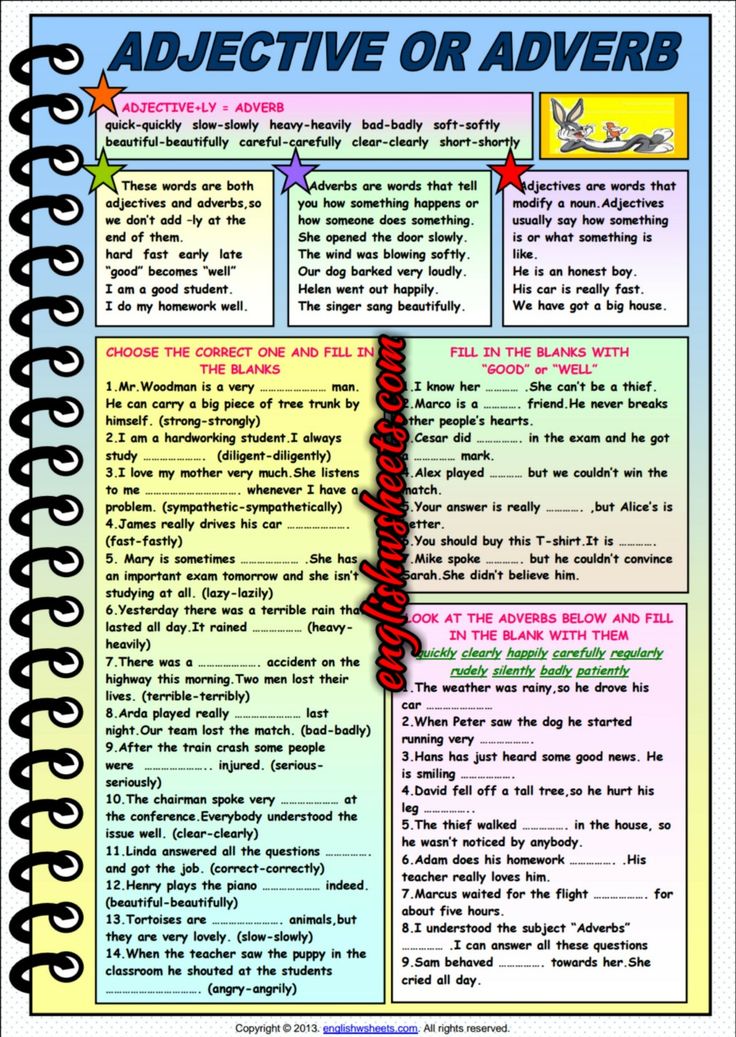Help in a sentence
English Sentences with Audio Using the Word "Help"
English Sentences with Audio Using the Word "Help"- Can I help?
- I need help.
- Can I help you?
- May I help you?
- Can you help me?
- Help me, please.
- Come and help us.
- Could I help you?
- She called for help.
- She asked for my help.
- She screamed for help.
- I was able to help her.
- I will gladly help you.
- She is in need of help.
- He asked us to help him.
- I appreciated your help.
- I can't help doing that.
- We appreciate your help.
- Will you please help me?
- I am willing to help you.
- It's my duty to help you.
- You can ask Tom for help.
- His advice didn't help much.
- I must help her at any cost.
- I promise you I'll help you.
- I thanked Mary for her help.
- She didn't even try to help.
- She volunteered to help him.
- You can't count on his help.
- She did her best to help him.
- She thanked him for his help.
- Are you gonna help me or what?
- He asked his friends for help.
- He came to ask us to help him.
- His advice didn't help at all.
- I expect that he will help us.
- I felt that I should help her.
- I guess you'll need some help.
- Will you help me for a minute?
- He came to ask us for our help.
- He tried to get me to help him.
- Help yourself to these cookies.
- I couldn't help falling asleep.
- I'll help you as much as I can.
- Please help me clean the house.
- I asked him if he would help me.
- It's no use asking him for help.
- We can depend on her to help us.
- Will you help me move this desk?
- Can you help look after the kids?
- He turned to his friend for help.

- I agreed to help him in his work.
- Let me help you put on your coat.
- Please help yourself to the cake.
- She thanked him for all his help.
- She was only too glad to help us.
- Can you help me wash these dishes?
- Can't you do something to help me?
- Could you help me wash the dishes?
- Did Tom help his mother yesterday?
- He turned to his friends for help.
- Let me help you with your baggage.
- Mary is going to help us tomorrow.
- Please help yourself to the fruit.
- She wanted him to help her father.
- She was the first one to help him.
- I have a lot of friends to help me.
- I heard a young girl call for help.
- Please help yourself to some fruit.
- Will you help me to clean the room?
- Would you help me look for my keys?
- Above all, you must help each other.
- I can't help thinking of the future.

- I found it necessary to ask for help.
- Please help me with this heavy baggage.
- She used to help him with his homework.
- I offered to help her with her homework.
- Without your help, I would have drowned.
- I couldn't help but fall in love with you.
- I'm willing to help you if you want me to.
- I avoid traveling by air, if I can help it.
- Without your help, I couldn't have done it.
- I bought him a drink in return for his help.
- Without your help, we couldn't have done it.
- I think it's time for me to ask for her help.
- She was ready to help him with washing the car.
- Can eating just vegetables help you lose weight?
- I can't tell you how much I appreciate your help.
- I'm afraid we won't be able to help you tomorrow.
- If you could assist me, it would be a great help.
- She asked him to help her father clean the garage.

- She was ready to help him with cleaning the house.
- I intend to phone Tom tomorrow and ask him to help.
- I tried to get Charles to help me, but he wouldn't.
- I'm going to call Tom tomorrow and ask him to help.
- I plan to telephone Tom tomorrow and ask him to help.
- Tom wishes he didn't have to help with the housework.
- I know that it is highly unlikely that anyone can help me.
- Mary promised her mother that she would help her more often.
- I plan to contact Tom by phone tomorrow and ask him to help us.
- I plan to get a hold of Tom by phone tomorrow and ask him to help.
- There is an urgent need for people to help clean up the environment.
- There is an urgent need for the local government to help the homeless.
- As soon as I can get the chance, I'll help your mother paint the fence.
- I know that it is highly unlikely that anyone would be willing to help me.
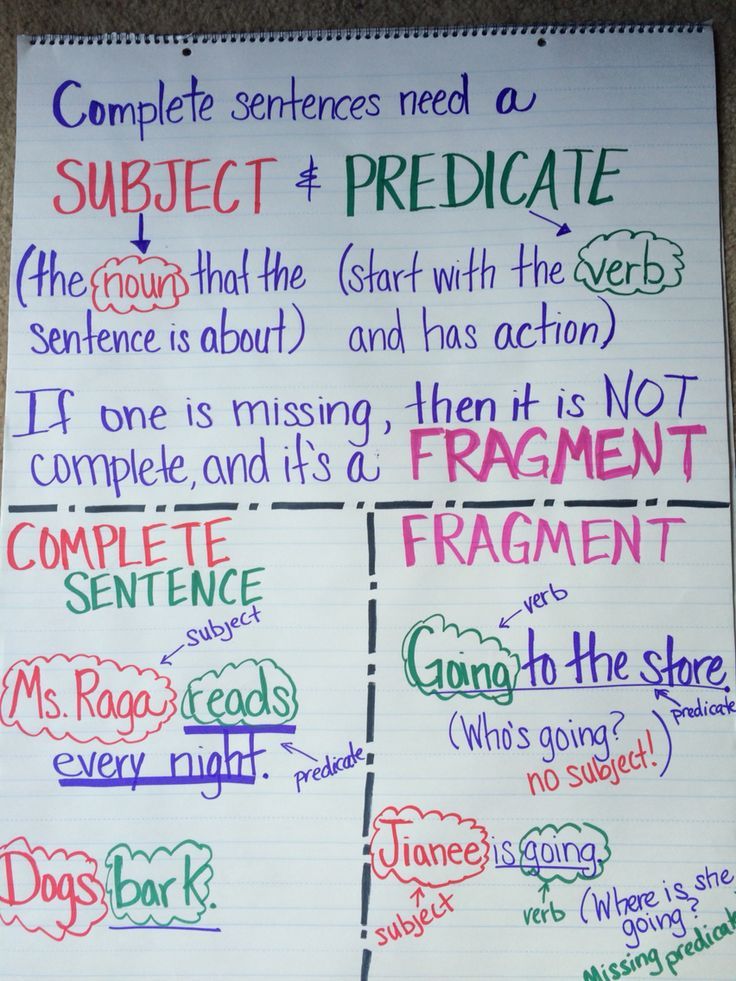
- Is it worth spending time trying to help people who don't want to be helped?
- You should always spend time doing things that help your children get ahead in life.
- I think it's highly unlikely that we'll ever get any help from the national government.
- She asked him to help her father clean the garage, but he said that he was too busy to help .
- I came here to see if there was something I could do to help, but there doesn't seem to be anything for me to do.
- I need help.
English example sentences with "help"
Sometimes I can't help showing emotions.
There's quite a lot of things to do; do you want some help?
"Can somebody help me?" "I will."
You must help her, and soon!
You're required to help them.
You can depend on his help.
You have only to give him a little help.
You mustn't depend on others for help.
You were kind to help me.
You need to have friends who can help you out.
I can't help being a fool.
I expect your help.
I don't need your help.
But for your help, I should have failed.
Without your help, we wouldn't be able to carry out our plan.
I am only too glad to help you with your work.
I cannot help laughing at your folly.
I count on your help.
Thanks to your help, I could succeed.
I cannot help you, not but that I pity you.
I feel indebted to you for your help during my illness.
If you're busy, I'll help you.
You did wrong to refuse his help.
It was wise of you to ask him for help.
I will do it on the condition that you help me.
If it were not for your help, I might have failed.
Thanks to your help, I could understand the book quite well.
I'll help you so long as you do your best.
I can't help but think you're making a mistake.
Your refusal to help complicated matters.
I will help him no matter what you say.
Were I rich, I would help the poor.
Don't look to me for any help except in case of emergency.
The strong must help the weak.
I can't help crying.
The lifeguard is ever ready to help others.
We waited for hours before help arrived.
I need medical help.
Hurry, help.
I will help you all I can.
I'll be only too pleased to help you.
It is sad that so few people give money to help the hungry.
We would like to ask for your help in clearing up our financial problems with your company.
I'll be glad to help him.
I'm willing to help him.
I will gladly help you.
I will be glad to help you.
I will be pleased to help you.
The patient was quite beyond help, so that the doctors could do no more.
Students came of their own accord to help the villagers.
The students wanted us to help push the car.
Schools were started to help young people prepare for living in the world.
When she returned home from school, she began to help her mother in the kitchen.
Foreign students demanded help from us.
It would help us if you would reserve the following hotel during our conference.
We should help the needy.
We must help him immediately.
We cannot help respecting his courage.
We cannot help admiring his talent.
We came to the conclusion that we should help him.
We expect that he'll help us.
We can count on him for financial help.
Your help is vital to the success of our plan.
We didn't help him, so he did it off his own bat.
We are looking to you for help.
Our success depends upon whether you will help us or not.
I will help you for the sake of our old friendship.
Our staff is eager to help you.
Let me help you with your baggage.
The singers sang together in order to raise money to help people with AIDS.
Please help yourself to some fruit.
Please help yourself to the fruit.
I got him to help me when I moved the furniture.
I had to help with the housework.
May I help you ma'am?
Above all, you must help each other.
In fact, I'll even call George at the office and tell him he ought to come home and help out.
Can't you do something to help me?
Help yourself to anything you like.
Help yourself to anything you'd like to eat.
Can I help you?
If you say that you cannot help doing something, you mean you cannot prevent or avoid it.
I hope I can be of some help to you.
I told her that if I could be of any use I would be glad to help.
Well, you have only to ask for his help.
The princess couldn't help laughing at him.
Shall I help you with washing-up?
Please help yourself to the cake.
Nobody else offered to help.
His pride didn't allow him to ask for help.
I need somebody to help me.
I am very grateful to you for your help.
Help yourself to a drink.
Please help yourselves to drinks.
Can you help me when I move?
Could you help me when I move?
One can't help many, but many can help one.
One can't help many, but many can help one.
Doctors and hospitals should help the people who can get healthy again.
Doctors should help the sick or injured person.
With the help of doctors, she got over her illness.
Read online “How to motivate with one word. 50 techniques of NLP”, Natalia Titova – LitRes
© Titova N., text, 2016
© Design. OOO E Publishing House, 2016
Introduction
Whether we like it or not, all our lives we convince someone that we are right. Teachers and bosses - that we are more competent and better than they think.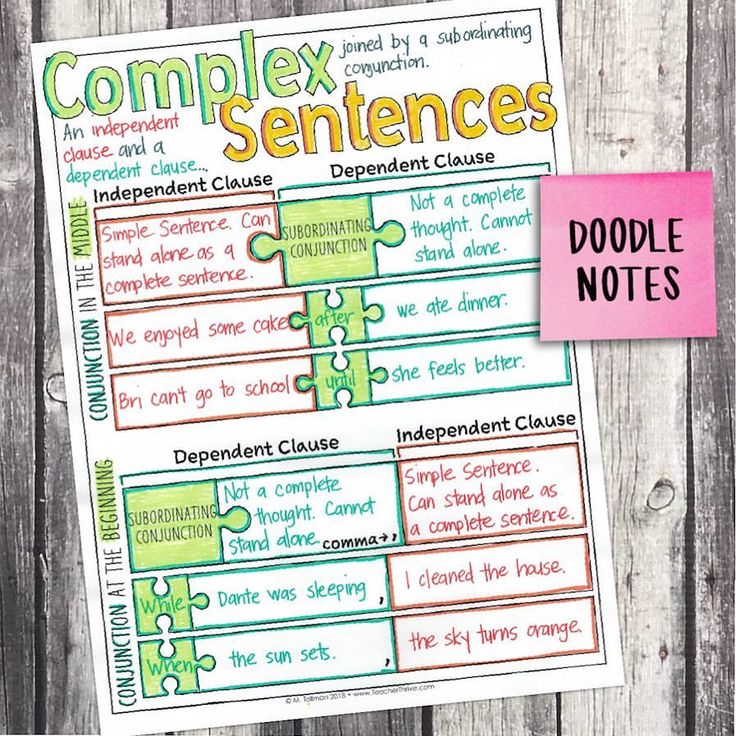 Those on whom our fate depends - to choose us and allow us to grow in our careers. Partners and customers - in the need to cooperate with us on favorable terms. Relatives and relatives - that we are worthy of love and respect. All those around us - in the correctness of our point of view. nine0003
Those on whom our fate depends - to choose us and allow us to grow in our careers. Partners and customers - in the need to cooperate with us on favorable terms. Relatives and relatives - that we are worthy of love and respect. All those around us - in the correctness of our point of view. nine0003
We dream that those around us will unanimously recognize that we are the best and are always right in everything.
"Choose me and open the doors of success for me!" - this is the main message of every developing and career-growing person. Our whole life in the modern world is a constant "sale" and promotion of ourselves. Whatever we do, if we want to achieve success, we must constantly “present” ourselves, our ideas and projects, achieve the interest of significant decision-makers in us, and prove our right to occupy worthy places anywhere. nine0003
Our constant goal is to change the opponent's attitude towards us and our projects from negative or neutral to positive and enthusiastic.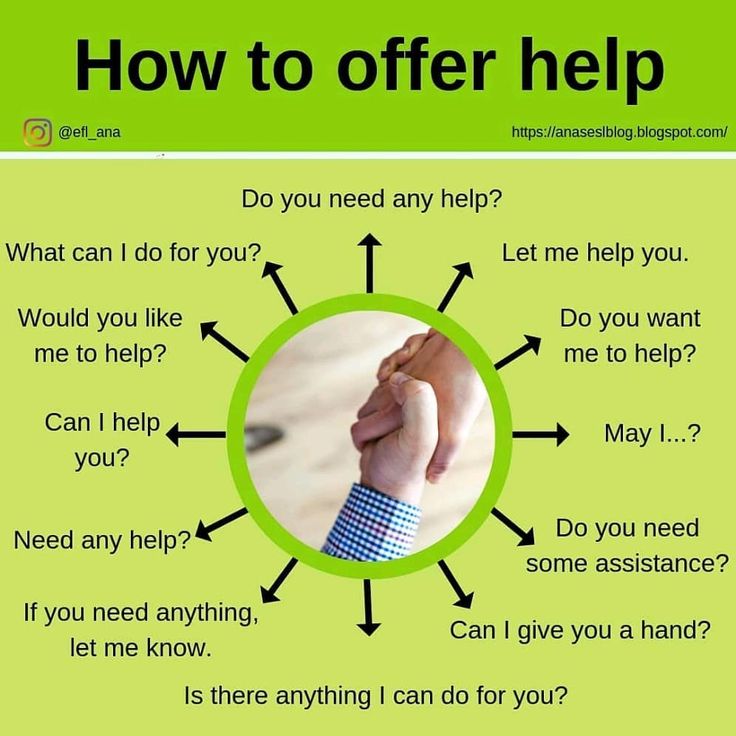 However, we often fail to do so.
However, we often fail to do so.
• You are not suitable for us! Next!
• No, you are wrong!
• You are talking nonsense, we do not agree with you!
• You failed to convince me!
• We are not interested in what you offer!
These and similar remarks are the most frequent response to our attempts to convince the opponent. nine0003
Why are we getting rejected?
Because most often we convince our interlocutor using the argumentation method.
Our belief goes something like this:
“You must choose me and accept my offer because…” and then follow the logical arguments that are standard in the situation of belief.
However... Our arguments often backfire! The more arguments we give, the more we cause a negative reaction and even irritate our interlocutor. At first he argues with us, then he tries to catch on logical inaccuracies, and then he categorically refuses us. nine0003
He refuses us because, even though he agrees with our arguments, he simply.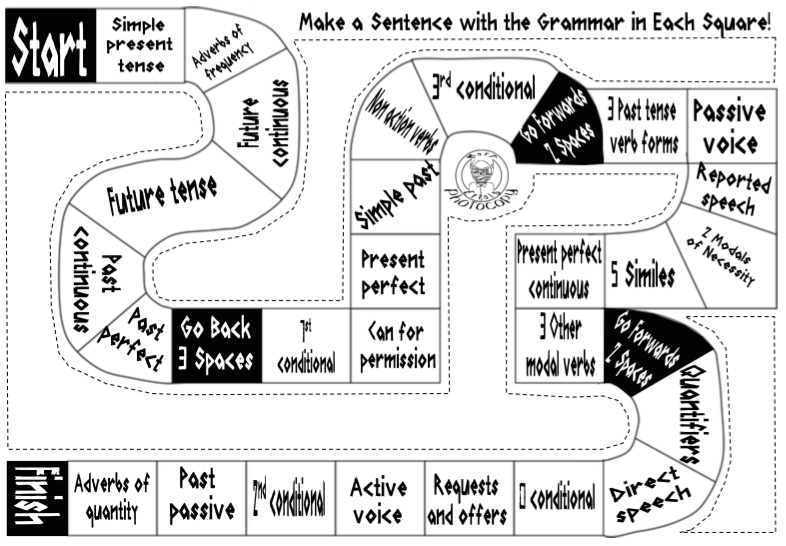 .. doesn't want to! - to agree with us. Exactly, he doesn't want to! And when a person does not want, no argument will convince him to accept the opposite point of view.
.. doesn't want to! - to agree with us. Exactly, he doesn't want to! And when a person does not want, no argument will convince him to accept the opposite point of view.
You can achieve the consent of the most intractable opponents by one completely unique method, the name of which is motivation! Motivation is a genre of communication with which we achieve “I want!” our interlocutor. Motivational tools are motivating words that appeal to the key needs of our interlocutors. nine0003
Motivation is a true art of communication with people, the so-called “high genre” of communication. It is motivation that allows a person of average social status to influence a high-ranking person. It is motivation that allows just one or a few words to radically change the worldview, behavior, values and actions of people.
Successful motivation does not require long speeches. On the contrary, the shorter the appeal, the more chances he has to change the point of view of the interlocutor. That is why the “queen of motivation” is a short verbal motivation. Just one or a few words - and the interlocutor is on your side! How to achieve this? The answer is in this book! nine0003
That is why the “queen of motivation” is a short verbal motivation. Just one or a few words - and the interlocutor is on your side! How to achieve this? The answer is in this book! nine0003
Here are the main methods of short verbal motivation – “motivation in one word”. These techniques are not only developed on the basis of NLP, psycholinguistics and other psychological techniques of business communication, but also tested in the practice of communication between the author of this book, her clients and partners, as well as on the analyzed experience of the most successful people on the planet.
This is a reference book for anyone who interacts regularly with people and whose success depends on the persuasion of others. Read and put into practice! nine0003
Chapter 1
The most powerful methods of motivation
Reception 1. The most important! A word that hits exactly the right place
Our main mistake when we motivate others is that we pronounce the same words, using the same arguments with everyone.
For example, when agitating all employees to participate in some event, for example, a conference, we tell everyone the same thing:
– Colleagues, take part in the event! It will be interesting there! You'll like it! nine0003
As a result, 30–40% of those who could actually come to the event, if they were motivated, come to the event.
Only those will come whose key need is “to be interesting” and the main word that “beats this need” is interest. The rest will not come at all not because "they do not need the event", but because they do not know that "they need the event". They just have different key needs, and in order to interest them, you need to say the keywords of their needs. nine0003
In addition to the need for interest, there are at least 5 other typical key needs of people. Here they are:
1. The need for status: the most important thing for a person is the recognition of other people, praise and respect. For people with this need, our motivation to participate in the event will sound like this:
– We will organize a prestigious exhibition of a very high level! There will be dignitaries there. You will be able to show yourself!
You will be able to show yourself!
2. The need for communication and positive relationships with others. To motivate them, the invitation to the event should sound like this:
– Guys, it will be fun there, a lot of great people, sincere communication and the opportunity to make new friends!
3. The need for power and control. For people with this key need, a motivating appeal should be pronounced like this:
– At this event, you will learn a lot of new information, strengthen your influence and power, and be able to strengthen control over the people and processes you need.
4. The need for order and compliance with the rules. People with this need should be told:
– It is our corporate tradition that we are all required to attend this event in order to maintain order and keep up to date with corporate traditions.
5. Need for support and help from others. The owners of this need should be told the following:
– Help us to hold a worthy event! We really need your help.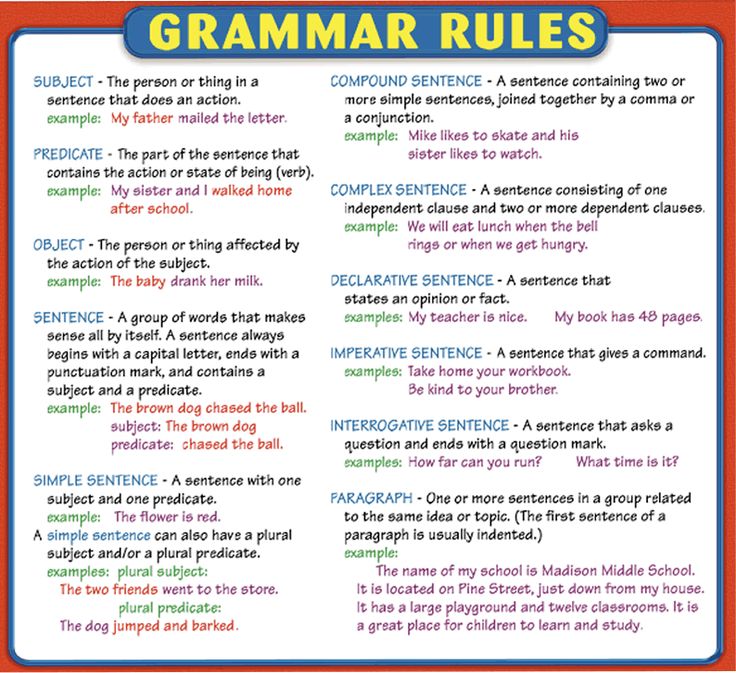 For our part, we will help you in your projects!
For our part, we will help you in your projects!
For more information on how to identify key needs in people of different personality types, see Natalia Titova's book How to Understand People at First Sight: Eksmo, 2010.
So, each person has a key need - the one that is the most significant and main for a person at a given moment in time, determining his behavior and actions. To motivate a person and convince him to change his point of view, use the appropriate motivator - a word that reflects his need - the key word of human need.
Here are examples of motivational keywords for each need of people:
IMPORTANT!
"THE WORD HITTING EXACTLY IN NEED" technique.
Use the keyword needs of the interlocutor as a motivator. For every person you motivate, choose a word like this.
Move 2: Scouts' Secret Tool
This move is the secret tool of all scouts. He reveals the need of the interlocutor even in a situation of his objection or conflict.
- You are talking nonsense! I do not believe you! yells the irate boss as he listens to our slurred presentation. nine0003
- Do I understand correctly that it is important for you to get adequate information from a source you will trust? - we clarify in response. Our interlocutor softens and calms down, ready to listen to us further.
- Will you take our time? asks a dissatisfied customer.
- Do I understand you correctly that you are afraid of wasting your time with me? we answer.
– Yes, that's right: people like you often come to me, and they waste time in vain. nine0003
- In that case, please tell me what would you be really interested in hearing from me now, so that your time would be useful? - such an answer turns the conversation in a constructive direction.
- We ask you to give us a 50% discount! our opponent insists on negotiations.
- Do I understand you correctly that it is important for you to save money already at the purchase stage?
- Yes!
- Then let me offer you a few more options on how you can do this by cooperating with us. nine0003
nine0003
Aggression against us:
- We will not leave it like this! We will give you a "good life"!
- Do I understand you correctly that you want to take revenge on us for the inconvenience caused?
- Yes! I want you to learn this lesson and never do this to partners again!
- I assure you, we have already learned this lesson. We suffered in this situation just like you.
The question “do I understand correctly what is important to you” always works very positively, because it has the following effects:
1. Demonstrates to our opponent that we are interested in his need and we really want to be useful to him. This disarms the interlocutor and disposes him to us.
2. Allows us to know more precisely what the key need of our opponent is, what he really wants (fears, avoids). This expands our possibilities of his motivation.
3. Directs further dialogue in a constructive direction, when we move from an emotional conversation “about nothing” to a business clarification and agreement on further actions.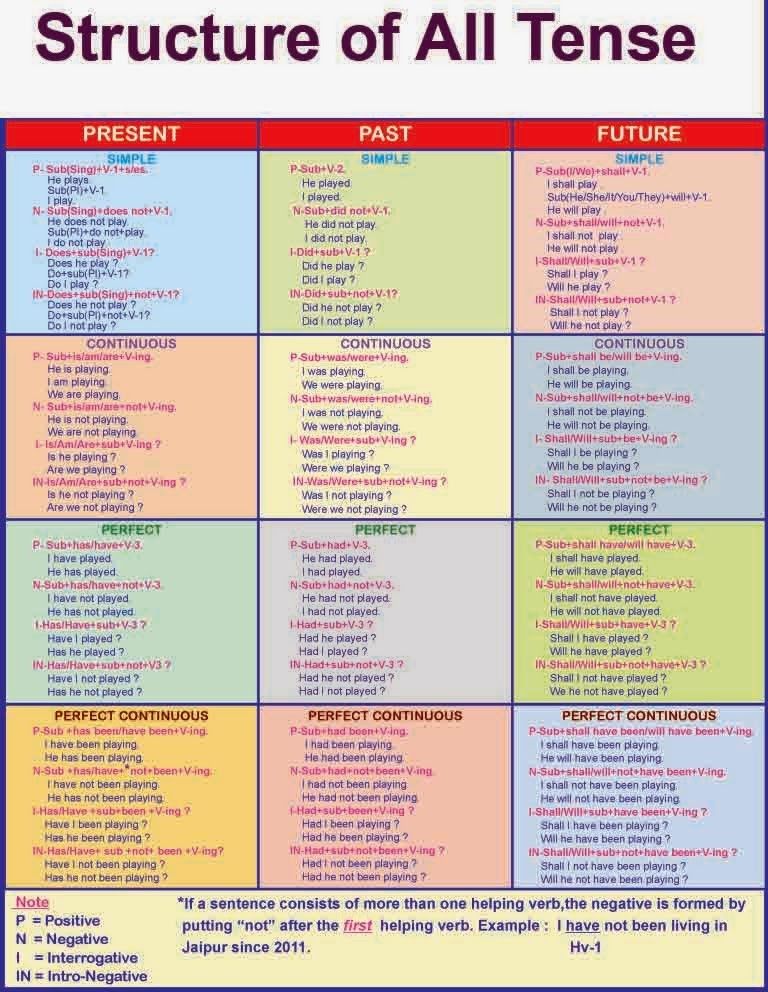 nine0003
nine0003
Please note that this question is followed by either a clarification question (What can we do to improve the situation?) or a suggestion of specific actions.
IMPORTANT!
SCOUT'S SECRET TOOL Technique.
Motivate by clarifying the need through the question “Do I understand correctly what is important to you?”
Technique 3. Offering a desired role
It is interesting that people sometimes refuse to do something and seem uninterested just because they do not like the role they are forced to play in this or that situation. It is enough just to offer them a role that they like, or simply to remind them of their favorite role and its importance to others, and they radically change their attitude to the situation from indifferent to interested. nine0003
It is no coincidence that the typical “motivational appeal” is “be a friend”:
– Be a friend, please help me!
We, as it were, offer the person the role of our friend and thereby motivate us to help.
A well-known pedagogical and educational technique is praise “for the future”, when the words “you are a kind, good, caring, responsible and reliable, bright person”, said to a person with some “advance”, stimulate him - and really! - to do good, positive deeds, corresponding to this role, which he clearly likes. nine0003
Offering a desired role to a person can do real miracles with him!
One artist, being a very talented person, lived a poor and unhappy life for a long time. He earned little and could not feed his family, and even began to drink heavily, risking becoming an alcoholic. His wife was extremely dissatisfied with him and constantly reminded him of this, reproaching him for lack of money and calling him a loser. One day this man met another woman, fell in love and went to her. They got married and formed a new family. A year after the start of their life together, this man was unrecognizable: he became a successful artist, exhibiting in all major galleries, decorating for prestigious shows and performances, and, as you understand, very wealthy financially. It turned out that his new wife from the very beginning gave him a completely new role for him. She constantly called him "my favorite genius" and thanked him for all - even the most insignificant - gifts that he gave her. "Genius" was able to immediately justify his new role, becoming a recognized and outstanding artist! nine0003
It turned out that his new wife from the very beginning gave him a completely new role for him. She constantly called him "my favorite genius" and thanked him for all - even the most insignificant - gifts that he gave her. "Genius" was able to immediately justify his new role, becoming a recognized and outstanding artist! nine0003
It's important that the role you're offering the person is one that he or she wants, and that it's about the exact area in which you want the person to advance and succeed.
The sales department of a large trading company has undergone tremendous changes: in the first three years, sales were sluggish, there was a huge turnover of employees, there were many dissatisfied people, and conflicts did not stop. But then one day the head of the department changed. Within six months after that, sales doubled, turnover almost disappeared, the department employees rallied into a strong productive team, and the sales department became a successful locomotive of the company. What happened? Everything is very simple! If the previous head of the department called his employees “slobs and non-professionals”, constantly scolding them for various reasons, then the new head called them “our invincible armada”, “super sellers”, “team of leaders”, and also constantly encouraged, inspired, told them “ we are great”, “we are the best”, “keep it up!”. nine0003
What happened? Everything is very simple! If the previous head of the department called his employees “slobs and non-professionals”, constantly scolding them for various reasons, then the new head called them “our invincible armada”, “super sellers”, “team of leaders”, and also constantly encouraged, inspired, told them “ we are great”, “we are the best”, “keep it up!”. nine0003
People like to be “good” and “the best”, and when they feel that they are perceived in this way, they are ready, literally, to “move mountains”.
This method of motivation shows that we are able, in the literal sense of the word, to “create people around according to our desire”, stimulating them to develop and become better.
IMPORTANT!
"OFFER OF THE WANTED ROLE" reception.
Offer people the roles they like: turn "rascals" into "good people", "fools" into "wise men", "sinners" into "righteous men", and you will see how not only these people, but also the whole world around you will begin to change for the better! nine0108
Reception 4.
 “And if you did this?..”
“And if you did this?..” – You are not suitable for us! - strictly cut off the producer of the new film, looking into the face of the actress, who, in his opinion, did not pass the casting for the main role.
Usually in this case, the artists leave the stage in frustration and obedience, but this actress continued to stand and silently look at the producer. This surprised him.
- Anything else? - he asked.
- Yes. May I ask you one question?
- Ask. nine0003
“Tell me,” the actress asked confusedly, “And if you hired me to act in this film, what role would you offer me?”
The producer was even more surprised.
- Well, obviously not the main character! he replied.
- Yes, I understand. And what role? She continued insistently.
- Well, perhaps the role of her friend, - suggested the producer.
- Oh, how interesting! Can I try her? the actress suggested.
Producer allowed. Auditions for the role of the heroine's friend were successfully passed, and the actress was approved for this role. This role turned out to be fateful for her, because she coped with it so successfully that she received an Oscar, became famous, and her stellar career went uphill. nine0003
This role turned out to be fateful for her, because she coped with it so successfully that she received an Oscar, became famous, and her stellar career went uphill. nine0003
And all this is due to mastery in the field of motivation. The motivating technique used by the actress immerses her opponent in a new reality - the reality of "what if". The question "what if you did?" stimulates our opponent to imagine that he, as it were, has already done what we need from him. Having imagined this, he has already begun to exist in this - a new reality and - most importantly! - began to accept it as if it had already happened. After a person has accepted this reality, he begins to want to bring it to life, and thus his motivation increases. nine0003
This method of motivation is a kind of suggestion.
If you want a person to do something, just ask him: “If you did it, what would happen then?” One moment - and your interlocutor begins to plunge into the reality you proposed, starting to plan the actions you want.
This technique helps to set a person to perform actions that he does not want to perform.
IMPORTANT!
nine0002 Invite a person to imagine what he would do in the circumstances you want, and he, immersed in a new reality, will change his mind about it. Immersion of a person in a new reality is a powerful motivator.
The word is spinning on the tongue… Is this a sign of a weakening memory?
- Roger Cruz & Richard Roberts
- Courtesy of The MIT Press Reader
nine0003
Image copyright Getty Images
Have you ever had a hard time remembering someone's name? You perfectly imagine his / her face, and if you were called a name, you would instantly recognize the person you are thinking about, but ...
This happens often with names, but also with other words - too. You seem to remember the general idea that this word conveys, information related to it pops up in your head, but you can’t remember its language label. nine0003
You seem to remember the general idea that this word conveys, information related to it pops up in your head, but you can’t remember its language label. nine0003
Forgetting words is a typical cognitive problem in middle-aged and older people. This happens, as a rule, unexpectedly, and even with the most common words and with the names of friends.
But maybe everything is not so terrible, and frequent cases when a word or someone's name turns on the tongue, but is not remembered at all, is not a sign of bad memory at all? Let's figure it out.
Scientists have found that the words that cause our memory the most problems are proper names and names of objects. nine0003
This inability to remember a word can last from a fraction of a second to minutes or even hours, and it can be unbearable. In fact, older people often mention this problem when it comes to annoying moments of aging.
- Do you have a good memory for faces, but a bad memory for names? It seems so to you
- Our memory doesn't work the way we think, scientists say
- Turing's minimal test: prove with one word that you're human
- Letology: when the word spins in the language
In such cases, a person is sure that he perfectly knows the word or name that he is painfully trying to remember.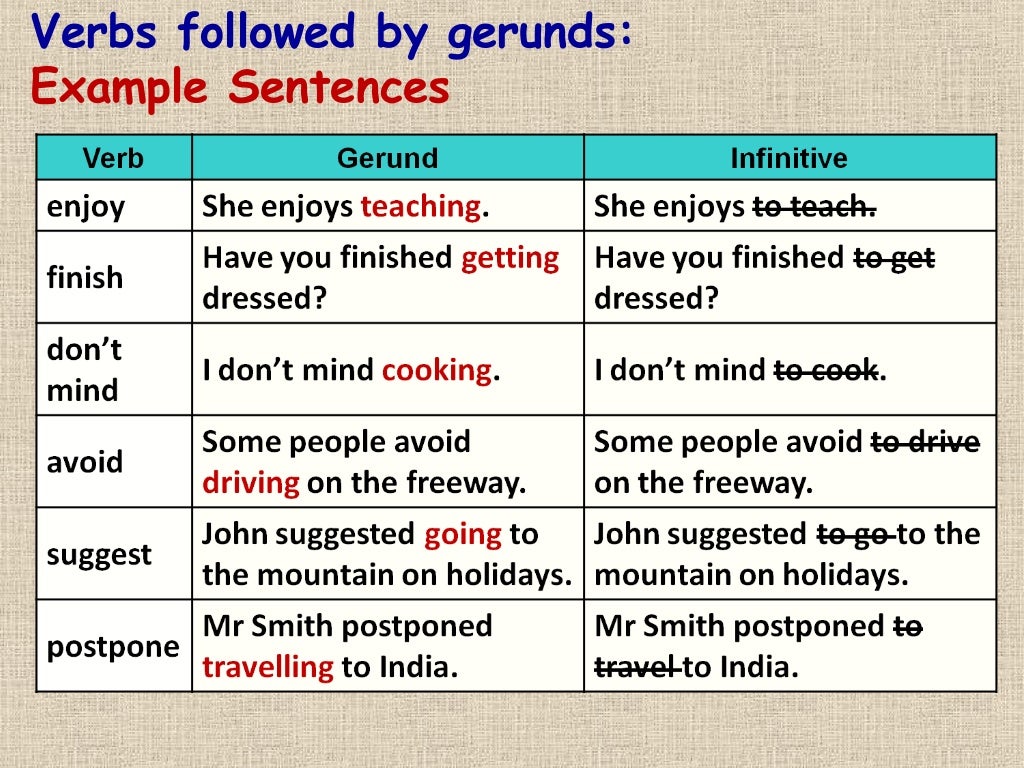 It seems that the word you are looking for is literally spinning on the tongue, but the tongue will not pronounce it in any way - the brain for some reason refuses to allow it to do so. At least at the moment.
It seems that the word you are looking for is literally spinning on the tongue, but the tongue will not pronounce it in any way - the brain for some reason refuses to allow it to do so. At least at the moment.
No wonder psychologists call such sensations "on the tip of the tongue" (in English - tip-of-the-tongue, abbreviated - TOT). But do such moments really portend something more serious that can happen to our memory? nine0003
Psychologists who study the TOT phenomenon and its causes face certain difficulties, much like astronomers studying such transient phenomena as supernovae. Experts know that TOT will happen sooner or later, but when exactly?
This uncertainty has led to two different ways of studying the state of "twisting on the tongue": methods of natural science and experimental methods, in the laboratory, when the occurrence of this state is provoked. nine0003
Image copyright, Getty Images
Image caption,Some word games can trigger the "on the tip of the tongue" phenomenon
Skip the Podcast and continue reading.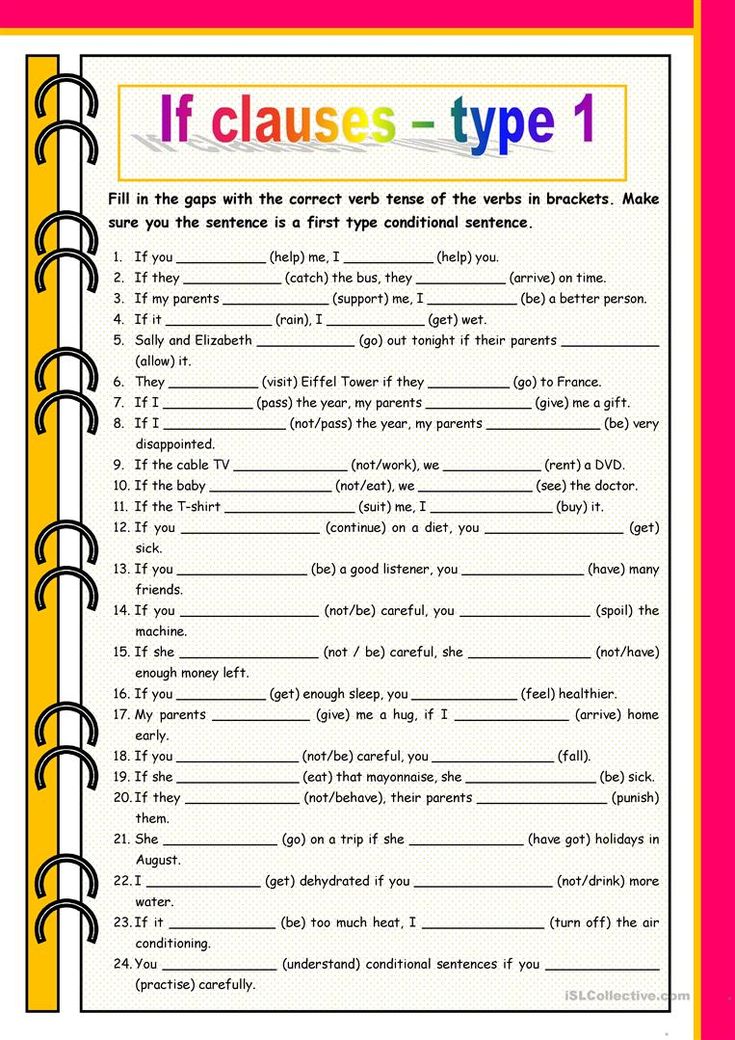
Podcast
What was that?
We quickly, simply and clearly explain what happened, why it's important and what's next.
episodes
The End of the Story Podcast
In particular, the researchers tried to measure two aspects of the phenomenon: how often it happens and what is the likelihood that a person will remember the search word (which sometimes comes to mind involuntarily, without searching the Internet or the help of a friend ). nine0003
Researchers were helped by diaries where research participants wrote down all cases of their TOT.
The results of the study showed that college students experienced one to two cases of TOT per week, and people who are 60-70 years old slightly more often, but not by much.
But older people over 80 experienced TOT almost twice as often as students.
In addition, diary entries led to the conclusion that episodes when the word is spinning on the tongue are most often resolved successfully: a typical indicator of this success is over 90%.
However, these data should be interpreted with some caution. For example, people of the older generation, who are more concerned about the state of their memory than the young, can more likely write down absolutely all cases of the phenomenon of "spinning on the tongue."
They may be more conscientious about research because their lives are less hectic than those of the younger generation.
In addition, study participants may be more likely to record exactly those cases when the word was successfully found, rather than episodes when it was not possible to remember it. nine0003
Alternatively, you can use an experimental method that psychologists Roger Brown and David McNeill developed while working at Harvard University to induce the tongue-twisting state in the laboratory.
Brown and McNeil found that if you offer participants the dictionary definitions of rarely occurring words, this often leads to a state of "spinning on the tongue."
Here's one example: "Navigational measuring instrument used to determine the height of the Sun and other space objects above the sea horizon" (if you're experiencing that state right now, relax, that word is a sextant). nine0003
Image copyright, Getty Images
Photo caption,This is a sextant - not a sextet or a sectarian
During the study it often happened that the participants were able to find the word without any difficulty.
Those participants who were hooked and found themselves on the tip of their tongues were asked additional questions by Brown and McNeill. The scientists found that these people reported certain, albeit incomplete, information about the elusive word, even if they could not remember it. nine0003
For example, participants were highly successful when asked to guess how many syllables a search word had or what letter it began with.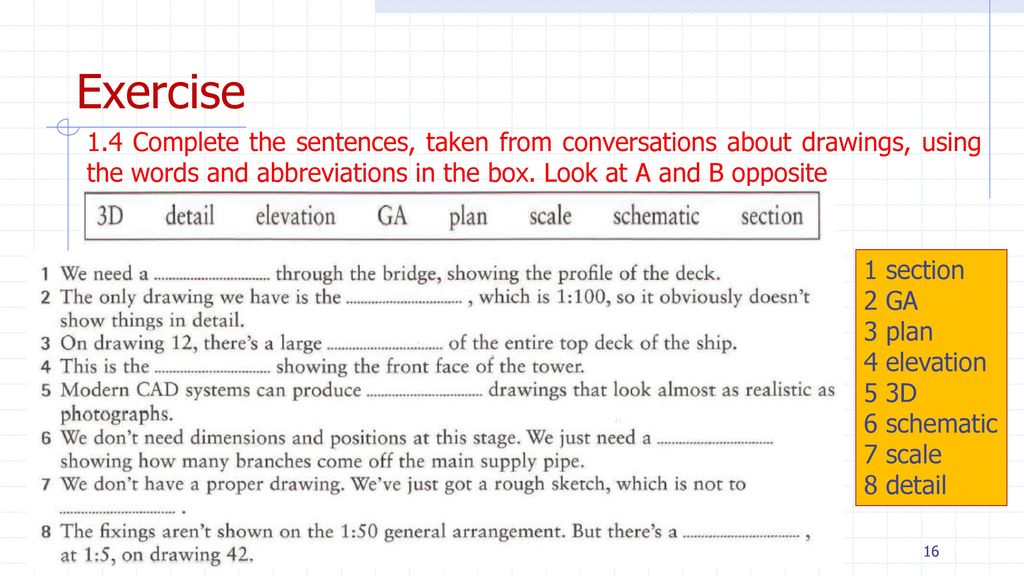
Well, it is not very surprising that even when the participants of the experiment were wrong, they often cited words that were close in meaning - for example, in the case of a sextant, they mentioned an astrolabe or a compass.
However, sometimes they offered as an answer words that simply sounded similar - "sextet" or "sectarian".
But if we proceed from the assumption that the sailors armed with a sextant are not members of a musical group of six members and are not part of a religious group that has separated from the main religion, then such errors indicate something important. For example, about how the knowledge and recognition of words is arranged in our memory. nine0003
The results of studies involving older people show that they are less likely to be ready to provide partial information about an elusive word (for example, its first letter).
As is the case with many other cognitive problems that a person faces at an older age, here we can observe an increase in the incidence of TOT.
On the one hand, one can perceive such failures as evidence of weakening links in our long-term memory between the meaning of a particular concept and the word that denotes it. nine0003
However, it is possible that the increase in frequency of word searches with age reflects something quite different.
Psychologist Donna Dahlgren from Southeastern Indiana University (USA) believes that the main problem is not age, but knowledge.
Because older people tend to have much more information stored in their long-term memory, they experience more cases of "on the tip of the tongue" (TOT) as a result.
In addition, it is likely that the state of "twisting on the tongue" can be useful: it sends an optimistic signal to the elderly person: he knows this word, although he cannot remember at the moment. nine0003
Such metacognitive information is useful because it shows that if you spend more time, then the situation will end in success - the right word will be remembered.
If you look at it from this point of view, then cases "on the tip of the tongue" may not be memory failures at all, but represent a valuable source of information (albeit not immediately).
If you are a person of the older generation and you are worried about the number of cases when a word is spinning on the tongue, but is not remembered at all, then the researchers give you advice: this number can be reduced if you take care of your aerobic abilities - aerobic endurance and working capacity. In other words, keep fit. nine0003
So if you find yourself struggling to remember a simple word again, try taking a walk or doing some other exercise.
***
This article originally appeared in The MIT Press Reader. Roger Cruz is a professor of psychology at the University of Memphis, Richard Roberts is a Foreign Service officer currently working at the US Consulate General in Okinawa (Japan). They are co-authors of the book "Changing Minds: How Aging Affects Language and How Language Affects Aging", on which this article is based.